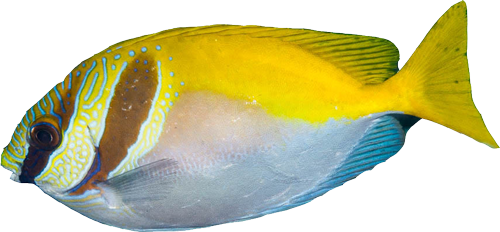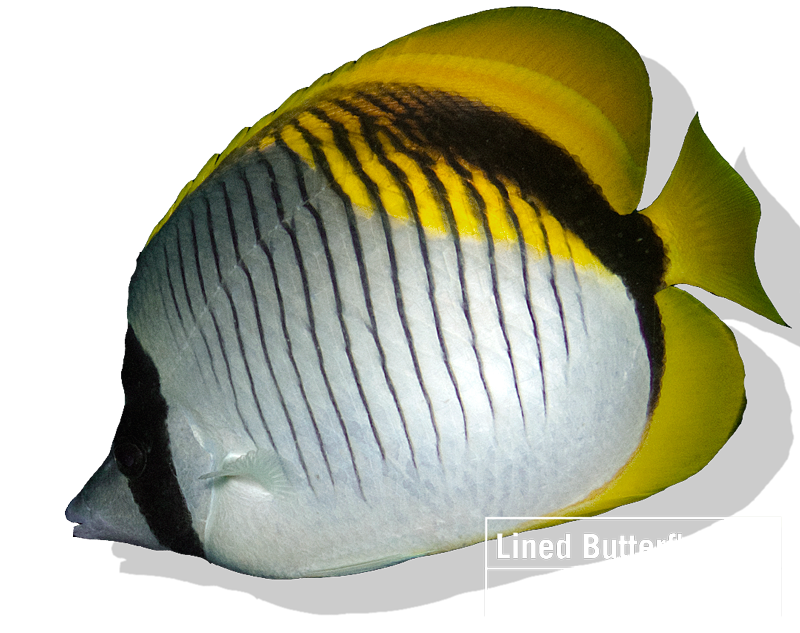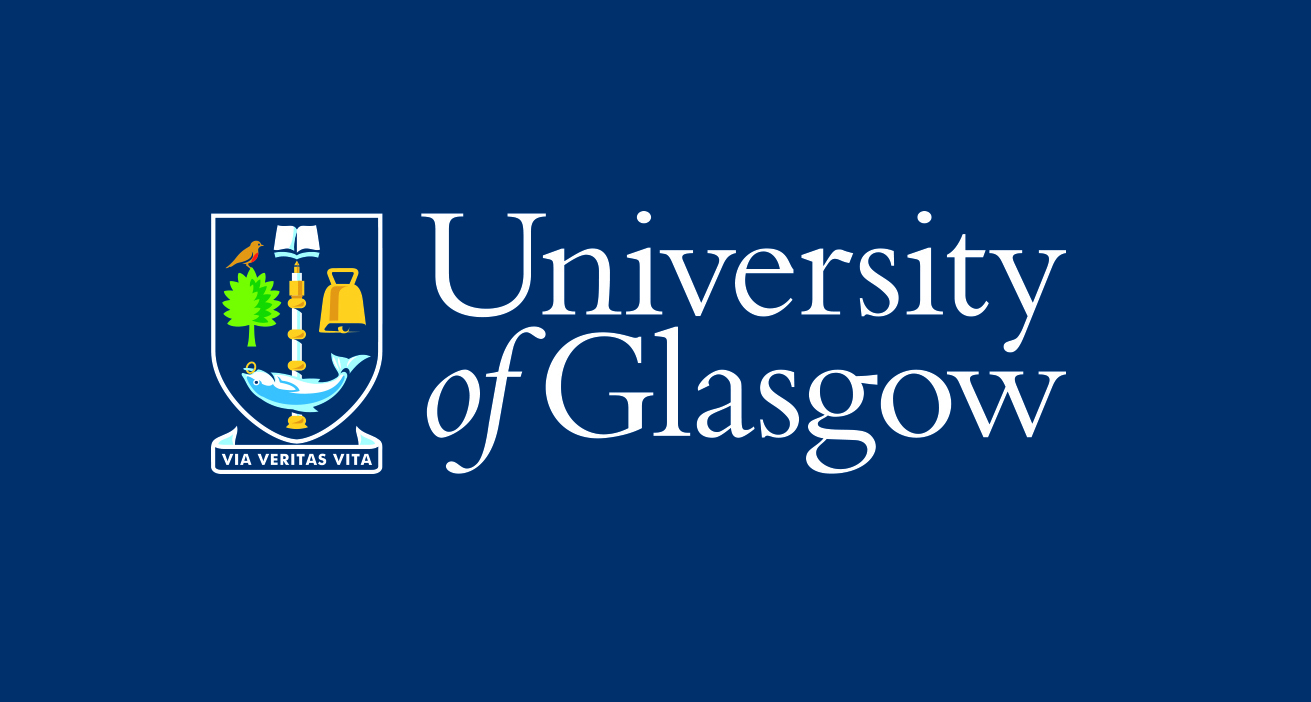Long-term Monitoring Program
The world’s coral reefs are currently undergoing massive changes due to anthropogenic climate climate change, pollution, overfishing, and a plethora of other factors. The effects on a global scale have been severe and saddening, but local systems show different responses.
Our long-term monitoring program has been running since 2011, and the data collected is an essential resource for governments, local management and protection, and scientific research.
Aim
This program aims to measure the long-term status and trends of coral reef ecosystems in Koh Phangan.
What we measure
- Changes in benthic communities – live coral cover surveys
- Coral bleaching
- Juvenile corals
- Reef fish communities
- Coral predators – Drupella, Crown of Thorns starfish
- Giant clams
- Sponge communities
How we measure
Data is collected by trained observers (students/interns/staff) using SCUBA to survey 7 different reefs on a monthly basis around Koh Phangan. Surveys are conducted using standard methodology based off the Australian Institute of Marine Science & Global Coral Reef Monitoring Network.
Long-term Development of Fish Community
Fish communities fulfil important roles for the functioning of coral reef ecosystems. But knowledge about spatiotemporal variabilities of reef fish communities in response to environmental fluctuations and benthic cover is scarce. This study thus describes a unique set of data collected with standardised methodology annually from 2014 until 2022 at reefs around the island of Koh Phangan in the Gulf of Thailand, a highly under-investigated area.
Publication in preparation.
Aim
To fill a knowledge gap on how coral reef fish communities have developed over time on an understudied area in Koh Phangan.
This study aims to answer the following research questions:
- How did fish abundance & relative occurrence of functional groups develop between 2014 to 2022 on coral reefs around Koh Phangan?
- What is the effect of seasonal changes in environmental conditions on reef fish communities?
- How did benthic community changes affect reef fish communities?
- How did coral bleaching affect reef fish communities?
Methods
To create timelines of fish community changes, 8 years of data will be analysed and complemented with additional datasets for benthic cover, coral bleaching, and environmental parameters. Surveys included in this study from our long-term monitoring program include:
- Fish abundance
- Benthic cover surveys
- Coral bleaching surveys
Impacts of thermally induced coral bleaching on Koh Phangan’s reefs
Coral reefs worldwide have been heavily affected by thermally induced coral bleaching events, in which Koh Phangan has been no exception. Since 2014, we have observed four severe and three moderate coral bleaching events that have affected our reefs resulting in a shift in coral diversity. However, despite back-to-back bleaching events our reefs have shown some resilience as overall coral cover still remains high.
This long-term project aims to uncover the trends of coral bleaching on Koh Phangan’s reefs over the last decade.
This project is part of our Marine Research internship program.
Research Questions
- How has coral bleaching affected Koh Phangan’s coral reefs over the last 10 years?
- Have we seen a shift in coral diversity as a result of coral bleaching?
%
PROJECT PROGRESS
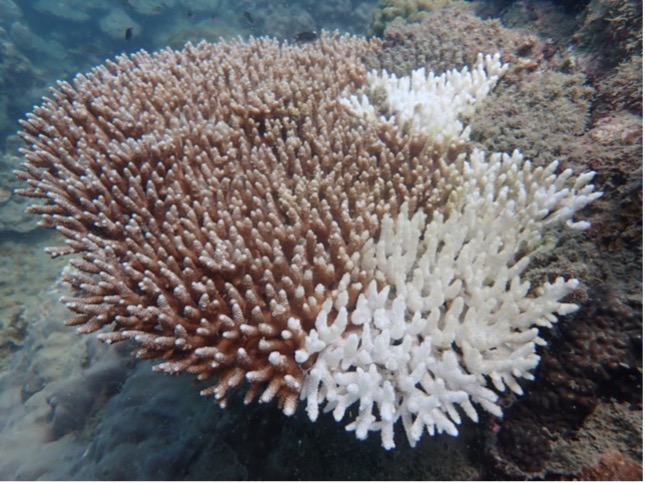
%
PROJECT PROGRESS
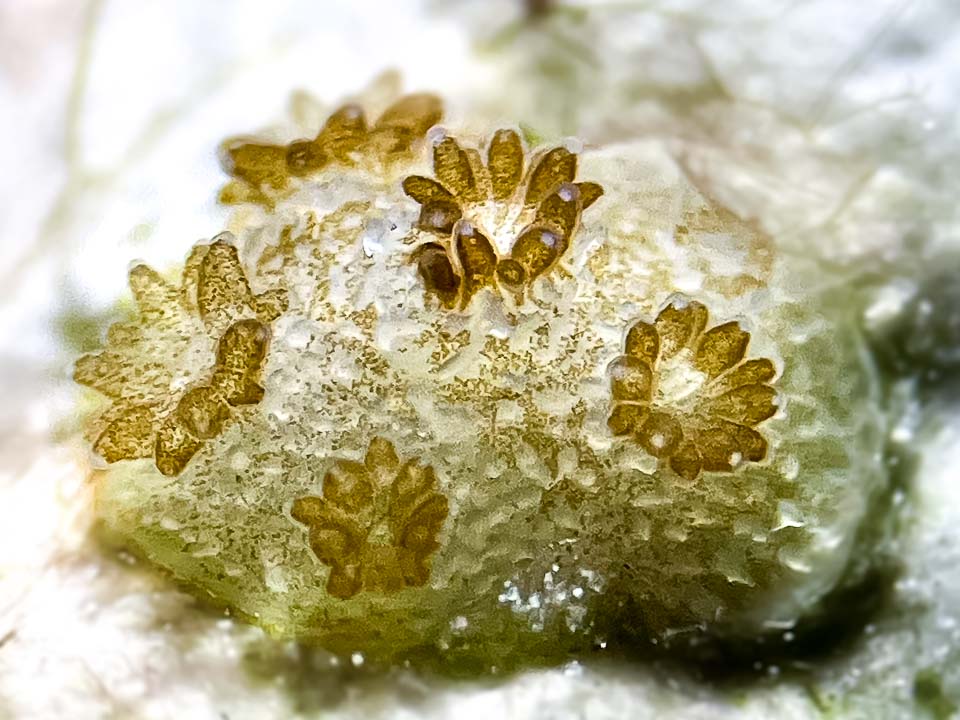
Investigating juvenile coral communities
Juvenile coral populations play an extremely important role in the recovery of coral reef systems from disturbance events. Especially with the increasing intensity and frequency of coral bleaching events, understanding coral reef recovery trajectories is extremely important as rapid recovery of reefs is associated with the performance and survivorship of juvenile corals.
This ongoing project aims to assess overall juvenile coral communities and whether juvenile coral species reflect adult coral populations especially after disturbance events.
This project is part of our Marine Research internship program.
Research Questions
- What species of juvenile corals do we have on Koh Phangan’s reefs?
- Has juvenile coral abundance changed after periods of disturbance (i.e. coral bleaching) ?
- Does the juvenile coral population reflect adults?
Seasonal drivers of abundance and recruitment variability in coral reef fish populations
Fish recruitment is the process by which young individuals enter the benthic population, and is an important part of the coral reef ecosystems health and resilience. Results from our long-term monitoring program revealed seasonal patterns of increased fish functional group abundance, which we hypothesise is driven by fish recruitment.
This long-term study aims to investigate seasonal changes in fish abundance and whether spikes in abundance is driven by juvenile coral reef fish.
This project is part of our Marine Research Internship program.
Research Questions
- Does the change in season affect the abundance of coral reef fish communities around Koh Phangan?
- Are increases in seasonal fish abundance driven by juvenile coral reef fish?
- What factors drive these seasonal changes?
%
PROJECT PROGRESS
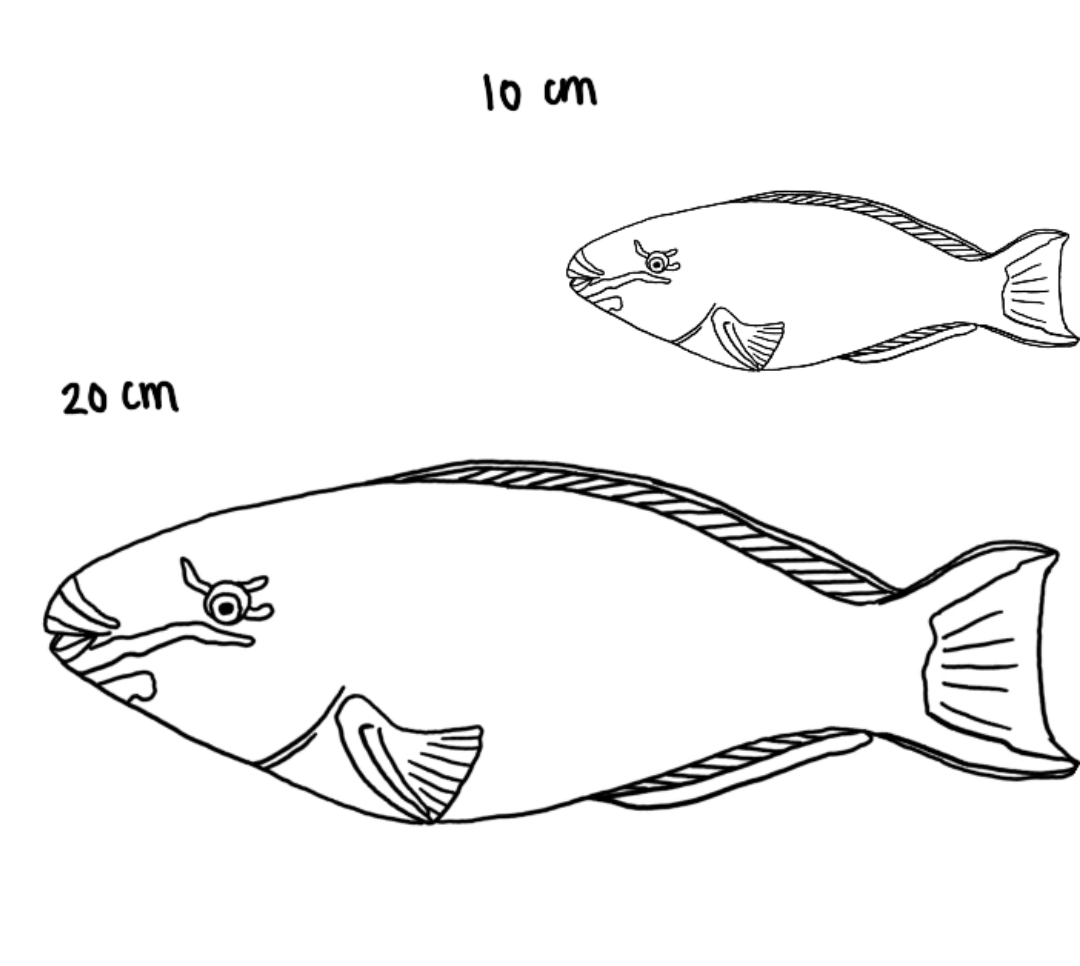
%
PROJECT PROGRESS
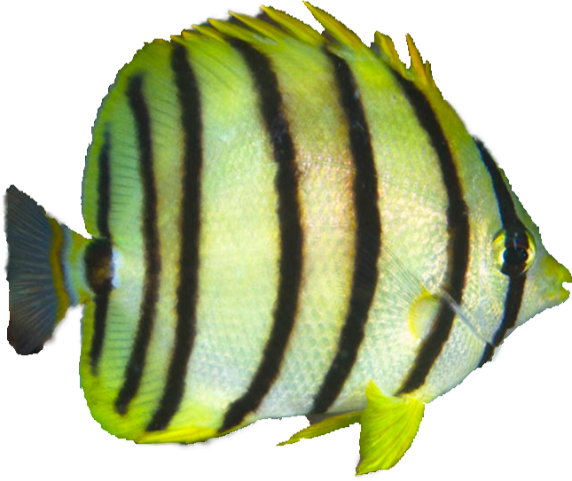
Investigating the dietary preferences of Butterflyfish
Butterlfyfishes are an important group of reef fish that play a pivotal role in coral reef health and functioning. Obligate corallivores especially, are potentially threatened by ongoing coral bleaching events as this has direct negative impacts on its habitat and food source.
This project aims to assess the feeding preference of the abundant butterflyfish, Chaetodon octofasciatus, and whether coral bleaching has an affect on its feeding behaviour.
This project is part of our Marine Research internship program.
Research Questions
- Does Chaetodon octofasciatus show a dietary preference for Scleractinian corals?
- Is the selectivity of Scleractinian corals reflected in availability?
- Does Chaetodon octofasciatus exhibit a dietary switch when a coral bleaching event occurs?
University of Glasgow – BSc Thailand Expedition 2025
Annual group of Bachelor of Science students from the Univeristy of Glasgow conducting research projects for their Bachelor dissertations. Read below for information on their projects.
Investigating the overall effect of climate change on the health of coral reef environments on Koh Phangan’s benthic ecosystem
This study conducted by India Atkinson aims to answer the following research questions:
- Assess the overall health of the coral reef in Ko Phangan and examine how climate change affects coral health and biodiversity.
- To investigate the overall effect of climate change in 2025 compared to previous years and assess the long-term effects of anthropic activity on coral health off of Ko Phangan.
- Investigate the level of zooxanthellae in the coral reefs off of Ko Phangan.
Coral health and diversity across different depth gradients
This study conducted by Huw Hodson aims to answer the following research questions:
- Assess coral health at different reef zones (flat, crest, forereef).
- Compare species diversity across different reef zones (flat, crest, forereef).
- Explore whether depth-related factors such as light availability and temperature play a role in coral health and diversity.
Individual Identification and Habitat Preferences of Blue-Spotted Ribbontail Rays (Taeniura lymma)
This study conducted by Lauren Wilson aims to answer the following research questions:
- Investigate the habitat preferences of blue-spotted ribbontail rays (Taeniura lymma).
- Assess the site fidelity of individual rays over a six-week study period.
- Identify environmental factors, such as substrate type, coral cover and depth, that influence habitat selection and site fidelity.
These projects are part of our Marine Research internship program.

